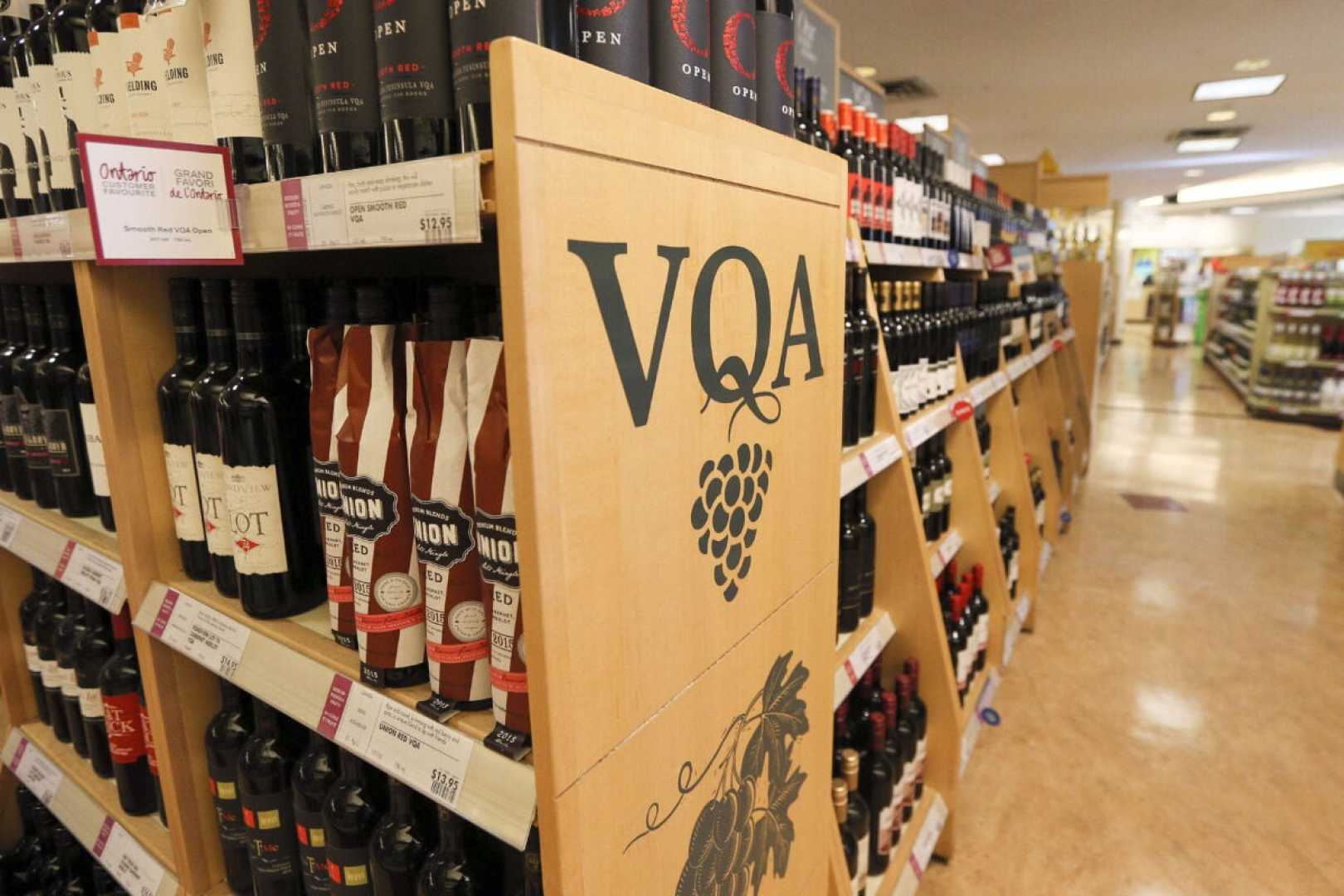News
Ontario Bars Brace for Cross-Border Booze Battle Amid Tariff Threats

OTTAWA, Ontario — Bars and restaurants in Ottawa are preparing for a potential cross-border alcohol trade war after Ontario Premier Doug Ford threatened to remove American liquor and wine from LCBO shelves if the U.S. imposes tariffs on Canadian goods.
Ford announced last week that he would direct the Liquor Control Board of Ontario (LCBO) to clear all U.S. alcohol products if President Donald Trump follows through on a proposed 25% tariff. “I have sent a direction to the LCBO, if these tariffs come, to clear off every bit of U.S. alcohol off the shelves,” Ford said. “Let’s start promoting more Ontario-made wines and the vodkas and spirits.”
The announcement sent shockwaves through Ottawa’s hospitality industry. Jeremy Gaulin, beverage director for Mati Inc., which owns several restaurants on Preston Street, rushed to stock up on American products. “I kind of freaked out when I found out, dropped what I was doing, ran to an LCBO and cleared off the shelves just in case,” Gaulin told CBC‘s Ottawa Morning. “We don’t know how long this battle will last, so we decided to be prepared.”
Gaulin emphasized that American bourbon and Napa Valley wines are particularly popular among customers and profitable for businesses. “Bourbon and U.S. spirits have kind of a cult following. The profit margins on, especially Napa Valley wines, are very high,” he said. “Canadian whisky is amazing, but when people think of an Old Fashioned, they think of bourbon. That’s a very big seller for us.”
However, not all restaurateurs share Gaulin’s concerns. Ivan Gedz, owner of Union Local 613 on Somerset Street W., sees the potential ban as an opportunity to introduce customers to new options. “I think it’s an opportunity for people to grab it by its horns and shift and maybe try different things,” Gedz said. He highlighted the quality of whiskies from Japan and wines from Europe, adding, “There’s a plethora of wines not only from Canada but from Europe that I would argue are vastly superior.”
Despite differing opinions, both Gaulin and Gedz agree that customer preferences will play a significant role in how the situation unfolds. “Unfortunately, when it comes to California wines, they hit on all the notes that a lot of people are looking for. Sometimes the customer doesn’t want to be challenged. They like what’s comfortable,” Gaulin said. “At the end of the day, we want to keep the lights on and we want to keep our guests happy.”
American producers are also urging caution, warning that retaliatory tariffs could harm U.S. jobs. Chris Swonger, president and CEO of the Distilled Spirits Council of the United States, said, “We hope [Canada] will consider not responding in kind.” Swonger argued that American liquors like bourbon are unique and not easily replaceable. “They’re not widgets,” he said.
The looming trade dispute has left Ottawa’s hospitality industry in a state of uncertainty, with businesses scrambling to adapt to potential changes in alcohol availability and customer demand.












